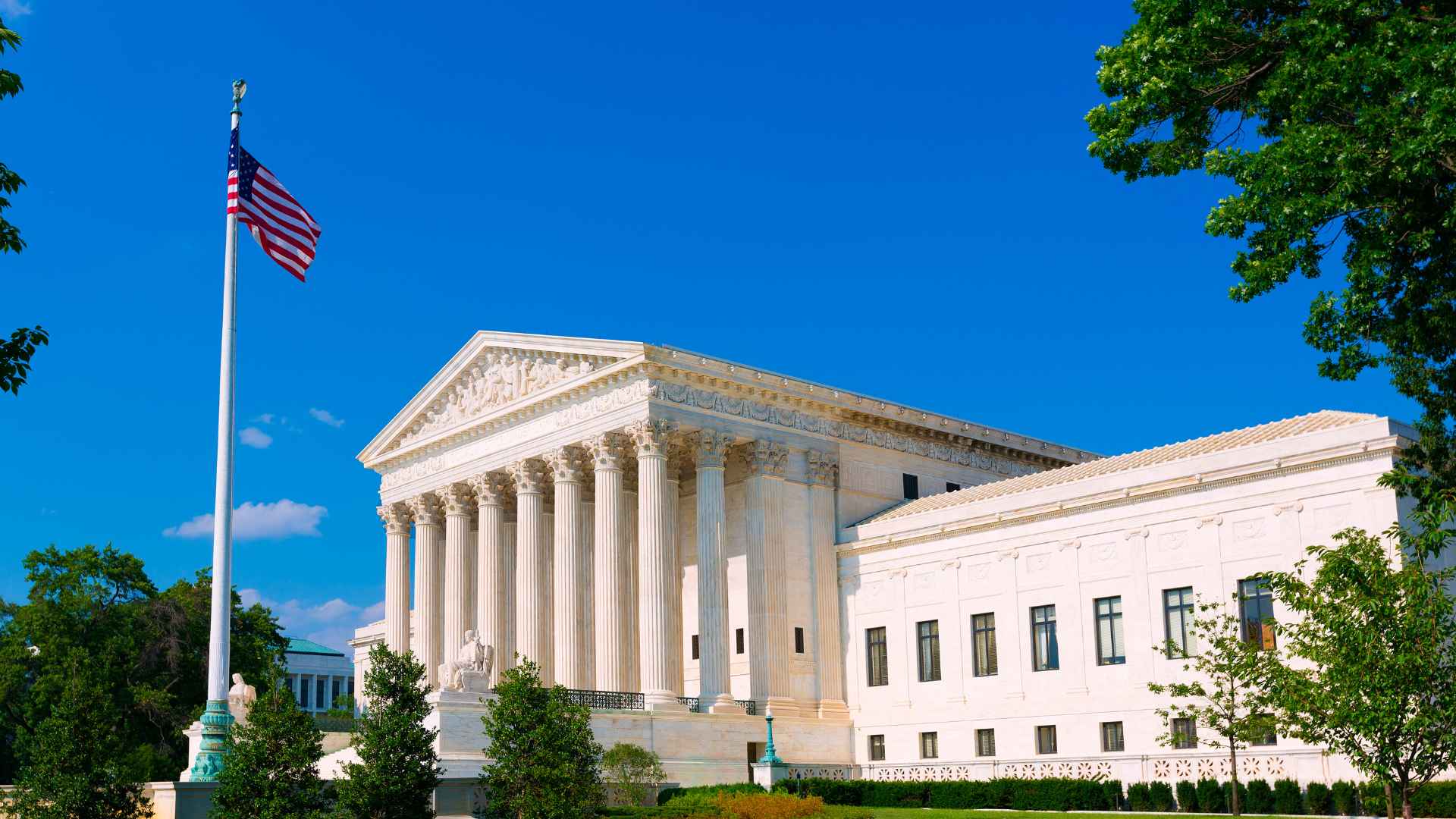Justices lift a lower‑court block, granting the Department of Government Efficiency a peek at records that follow Americans from birth to death.
The nation’s top court has opened the vault. In a 6‑3 decision, the Supreme Court on Friday reinstated the Department of Government Efficiency’s (DOGE) access to Social Security Administration (SSA) databases—an ocean of personal facts on nearly every living (and many deceased) U.S. resident. Millions may wonder, “Will this touch my monthly benefit—or my privacy?” Here are the essentials.
What personal information the Social Security Administration stores about every American citizen
The SSA’s intertwined mainframes track far more than retirement checks. Below is a snapshot of what DOGE can now view:
- legal name and Social Security number
- dates and places of birth and death
- citizenship and work‑authorization history
- lifetime earnings and linked bank accounts
- marital status, children’s identities, and disability files
- Medicare usage and, for SSI applicants, assets and living arrangements
In short, records cradle Americans “from crib to coffin,” a former SSA analyst notes.
| Key data field | Why it exists | Potential new risk |
|---|---|---|
| Lifetime earnings | Calculates retirement benefit | Target for identity thieves |
| Immigration status | Verifies work eligibility | Misclassification could delay pay |
| Bank routing numbers | Directs monthly deposits | Exposure could enable fraud |
Keeping this mosaic accurate is tough; 18.9 million century‑old death records, for example, still need fixes the agency flagged in 2023.
Why the Supreme Court says DOGE may access the data despite strong dissent
DOGE argues it must hunt waste, fraud, and abuse, even if recent audits show improper payments under 1 percent of outlays. The conservative majority agreed the public interest outweighs privacy objections—for now—while litigation unfolds.
The three liberal justices warned the ruling hands DOGE “unfettered” insight into non‑anonymized files before lower courts decide whether the agency’s charter is even lawful. Their dissent underscores a nagging question: Who polices the data police?
How beneficiaries and other residents can protect themselves after the court decision
First, relax—DOGE has read‑only credentials; it cannot alter checks or eligibility. Still, prudence helps:
- Set up a my Social Security online account to monitor earnings and benefits.
- Freeze your credit reports so new accounts can’t be opened in your name.
- Review bank statements monthly for unfamiliar micro‑deposits.
- If contacted by someone claiming DOGE authority, verify through SSA’s 1‑800‑772‑1213 line before sharing details.
Consequently, vigilance—not panic—is the order of the day. Federal privacy laws remain in force, and any DOGE staffer who oversteps faces Justice Department referral.
The Court’s green light hands DOGE a powerful flashlight inside one of Washington’s darkest data rooms. Beneficiaries should stay alert, update their own SSA files promptly, and watch Congress’s next move—because transparency debates rarely end with the first ruling.

